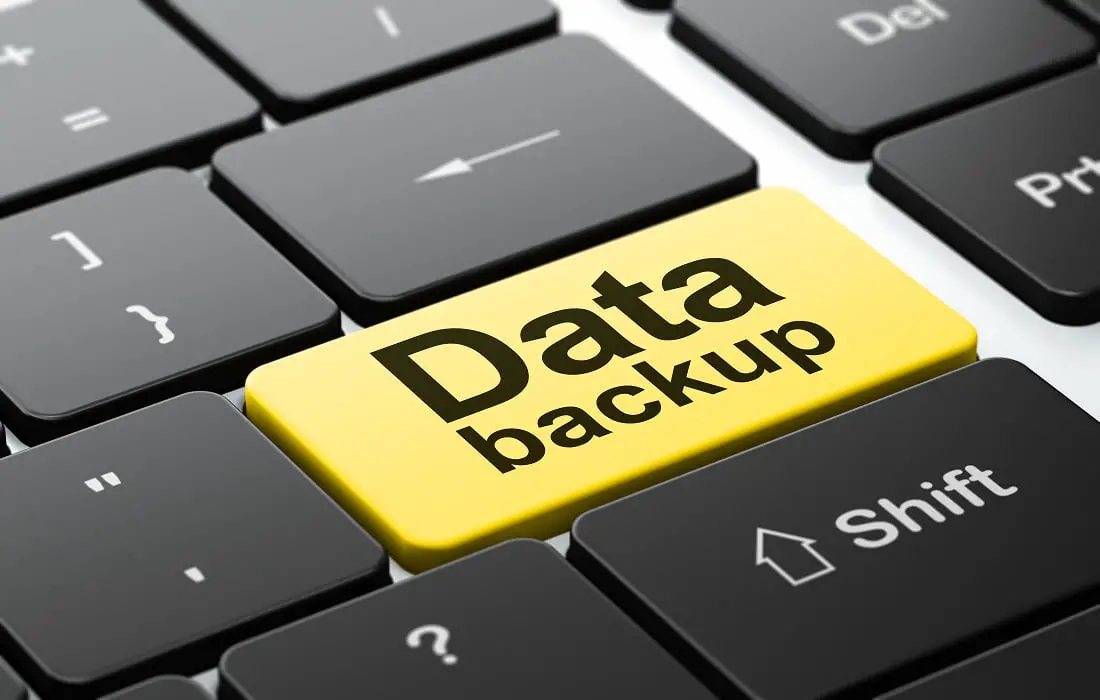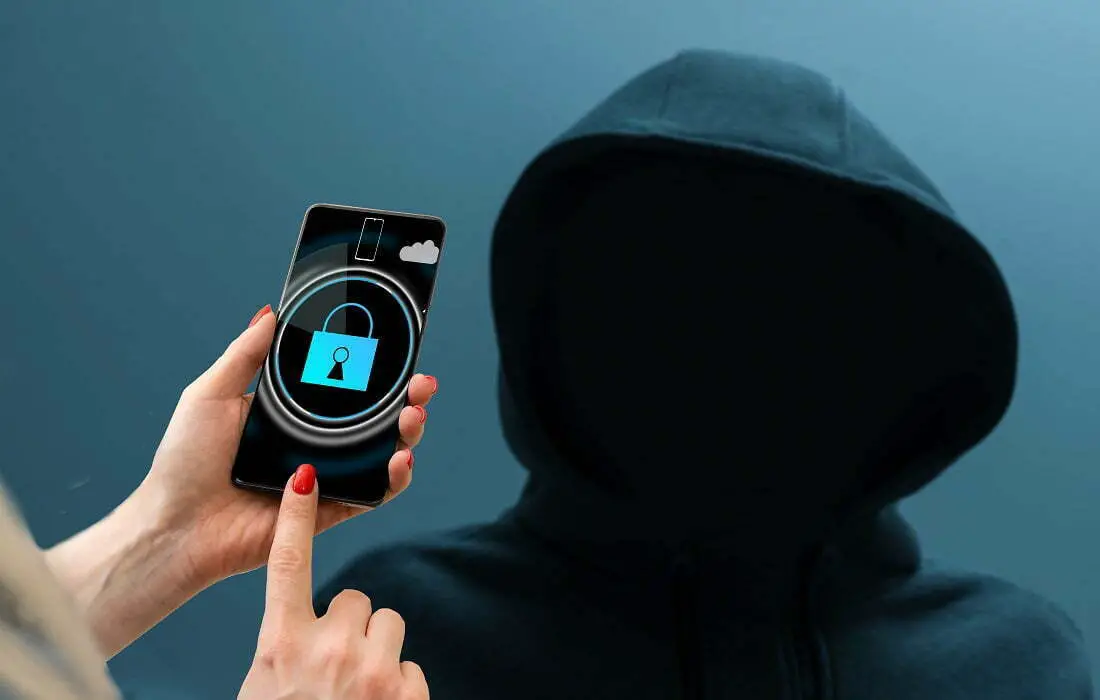In today’s digital age, online security is of utmost importance. With the ever-increasing number of online threats, securing your online accounts has become a necessity. Hackers are constantly on the lookout for vulnerable targets and exploiting security loopholes to gain access to your sensitive information. Therefore, it is essential to take proactive measures to secure your online accounts from hackers. In this article, we will discuss the steps you can take to safeguard your online accounts from malicious attacks.
Why is Online Security Important?
Before we delve into the steps for securing your online accounts, it is essential to understand why online security is crucial. Online security encompasses protecting your personal information, sensitive data, and financial transactions from unauthorized access. It ensures that your online presence remains secure and that you can use online services with confidence. Hackers are continuously looking for vulnerabilities to exploit, and without proper security measures, you could fall victim to cybercrime.
Create Strong Passwords
Creating strong passwords is the first and foremost step in securing your online accounts. A strong password is a combination of upper and lower case letters, numbers, and special characters. Avoid using easy-to-guess passwords such as your name or birthdate. Also, refrain from using the same password for multiple accounts, as it makes it easier for hackers to gain access to all your accounts if they crack one password.
Enable Two-Factor Authentication
Two-factor authentication (2FA) is an added layer of security that requires you to provide a secondary authentication method, such as a code sent to your phone, in addition to your password. Enabling 2FA on your accounts adds an extra layer of protection against hackers trying to access your accounts.
Keep Software Up-to-Date
Keeping your software up-to-date is another crucial step in securing your online accounts. Software updates often include security patches that fix known vulnerabilities. Hackers can exploit these vulnerabilities to gain unauthorized access to your accounts. Therefore, it is essential to keep your software, including your operating system and antivirus software, up-to-date.
Use Antivirus and Firewall Software
Antivirus and firewall software are essential tools for protecting your computer and online accounts. Antivirus software detects and removes malware, while a firewall blocks unauthorized access to your computer or network. It is vital to use reputable antivirus and firewall software and keep them up-to-date to ensure maximum protection.
Beware of Phishing Scams
Phishing scams are one of the most common ways hackers try to gain access to your online accounts. Phishing scams are usually in the form of an email or message that appears to be from a reputable source, such as your bank or social media site. The message contains a link that, when clicked, leads you to a fake website that looks like the original one. These fake websites are designed to steal your login credentials and other sensitive information. Therefore, it is essential to be cautious and not click on suspicious links or provide any personal information.
Limiting the amount of personal information you share online is another critical step in securing your online accounts. Social media and other online platforms often require you to provide personal information, such as your name, email, and phone number. While providing this information is necessary, avoid sharing sensitive information such as your address, social security number, or financial details.
Use a Virtual Private Network (VPN)
A virtual private network (VPN) is a tool that encrypts your internet connection and protects your online activities from prying eyes. A VPN setup creates a secure and private connection between your computer and the internet, making it difficult for hackers to intercept your online activities.
Monitor Your Accounts Regularly
Regularly monitoring your online accounts is another essential step in securing them. Check your accounts regularly for any suspicious activity or transactions that you did not initiate. If you notice any unauthorized access or activity, report it to the appropriate authorities immediately.
Use Different Email Addresses for Different Accounts
Using different email addresses for different accounts is another useful tip for securing your online accounts. This practice ensures that if one account is compromised, the other accounts will not be affected. Additionally, it is advisable to use an email address that is not linked to any social media accounts for your primary email.

Back-Up Your Data
Backing up your data is another essential step in securing your online accounts. In the event of a cyber attack, a backup ensures that you do not lose all your data. You can back up your data on an external hard drive or cloud storage service.
Avoid Public Wi-Fi Networks
Avoiding public Wi-Fi networks is another crucial step in securing your online accounts. Public Wi-Fi networks are often unsecured, making it easier for hackers to intercept your online activities. If you must use a public Wi-Fi network, use a VPN setup to protect your online activities.
Conclusion
Securing your online accounts is crucial in today’s digital age. Taking proactive measures such as creating strong passwords, enabling two-factor authentication, keeping software up-to-date, and using antivirus and firewall software can help protect your online accounts from hackers. Additionally, it is essential to be cautious when sharing personal information online, use a VPN, and avoid public Wi-Fi networks. By following these tips, you can safeguard your online accounts and use online services with confidence.
FAQs
Can hackers still gain access to my accounts even with two-factor authentication enabled?
While two-factor authentication adds an extra layer of protection, it is not foolproof. Hackers can still gain access to your accounts if they have your login credentials and the secondary authentication method.
What should I do if I suspect my account has been compromised?
If you suspect your account has been compromised, change your password immediately and contact the appropriate authorities. You should also monitor your account for any unauthorized activity.
How often should I update my software and antivirus software?
It is recommended to update your software and antivirus software as soon as updates are available. This ensures that you have the latest security patches and protection against known vulnerabilities.
Is it safe to use cloud storage services for backing up my data?
Yes, it is safe to use cloud storage services for backing up your data. However, ensure that you use reputable cloud storage providers and encrypt your data before uploading it to the cloud.
Can using a VPN slow down my internet connection?
Using a VPN can slow down your internet connection slightly, but reputable VPN providers offer fast and secure connections that have minimal impact on your browsing speed.
